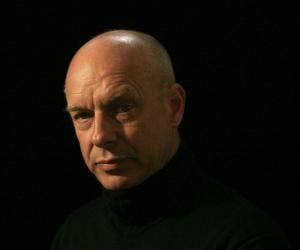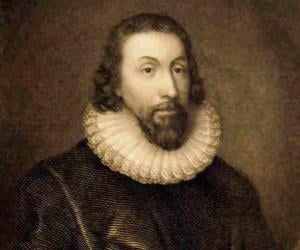John Winthrop was a British Puritan lawyer who played a major role in the establishment of the Massachusetts Bay Colony. The colony was the second major settlement after Plymouth Colony in New England. A respected political figure, Winthrop has been cited by many modern-day politicians like Ronald Reagan, John F. Kennedy, and Sarah Palin.


English legal theorist John Austin, who aimed at transforming law into a true science, is considered by many as creator of the school of analytical jurisprudence. His book The Province of Jurisprudence Determined received significant attention posthumously, while his analytical approach to jurisprudence and theory of legal positivism also influenced American and British law following his death.

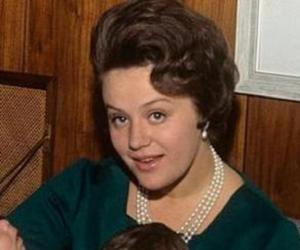
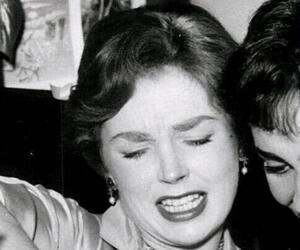
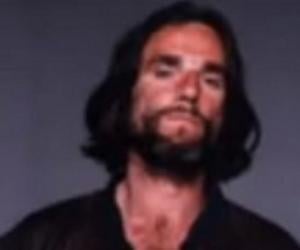
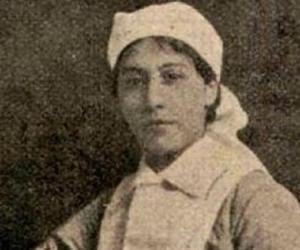
Sophia Duleep Singh was a British suffragette who fought for women's rights in Britain during the early 20th century. She is perhaps best remembered for her role in the Women's Tax Resistance League (WTRL). Sophia Duleep Singh also took part in other women's suffrage groups such as the Women's Social and Political Union.

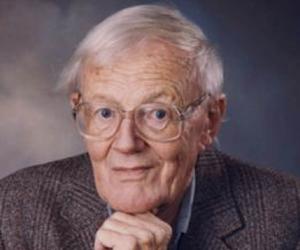
Born to working-class parents who were employed with the upkeep of the Fitzroy House stables, W. T. Tutte completed his high school studies on scholarships. Initially interested in physical chemistry, he later focused on math and became a genius codebreaker. He deciphered several intricate German military codes, such as FISH.
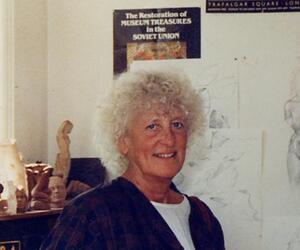
Elisabeth Frink was an English printmaker and sculptor. She survived World War II as a young girl and studied at the Guildford School of Art. Her artwork was greatly influenced by her wartime experiences. She quickly gained popularity for her bronze outdoor sculpture. She was made a full academician at the Royal Academy in 1979.
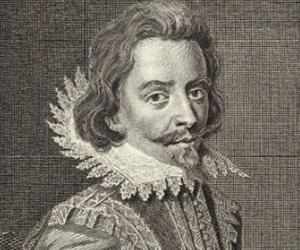
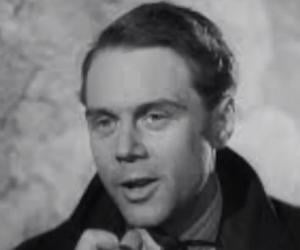

John Felton was a British soldier who served as a lieutenant in the British Army. He is best remembered for assassinating George Villiers, 1st Duke of Buckingham on 23 August 1628. Buckingham was unpopular due to his incompetence and corruption and his murder was rejoiced in England. In 1844, the murder was fictionalized in Alexandre Dumas' novel, The Three Musketeers.
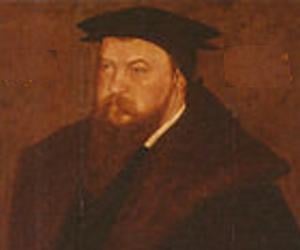
George Cavendish was an English writer best remembered for his biography of Cardinal Thomas Wolsey. Apart from describing in detail Thomas Wolsey's life, his biography Thomas Wolsey, Late Cardinall, his Lyffe and Deathe also describes the political events of the 1520s and early sixteenth-century court life.
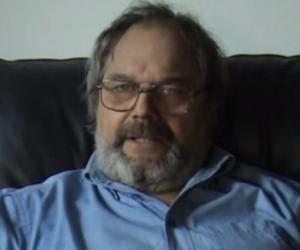

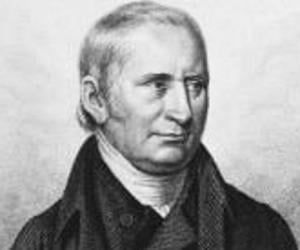
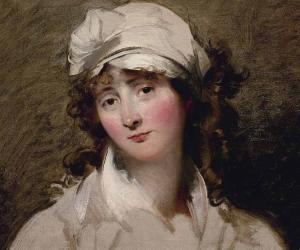
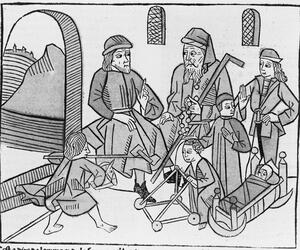
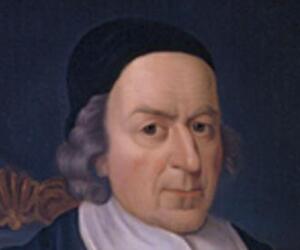
William Sancroft was the the 79th Archbishop of Canterbury and the leader of a group of Seven Bishops, who were imprisoned by King James II for opposing his second Declaration of Indulgence. The bishops were charged with seditious libel but were acquitted in a trial. A rebellion by nature, he later lost his bishopric when he rejected William III’s claim to the throne.



Owen Felltham was a 17th-century English writer. He is best known as the author of a book titled Resolves, Divine, Moral, and Political, an anthology containing 146 short essays. His collection of essays played a key role in the development of the English essay as a genre. He questioned the disparity in gender equality in some of his works.
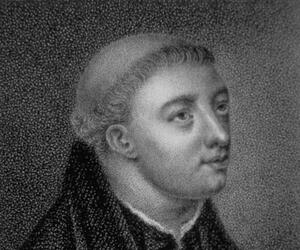
John Lydgate was a poet and monk best remembered for his poem, Troy Book. A prolific writer of romances, fables, allegories, and poems, Lydgate is credited with exploring and popularizing almost every major Chaucerian genre. He also served as a subdeacon after he was ordained in 1389.

